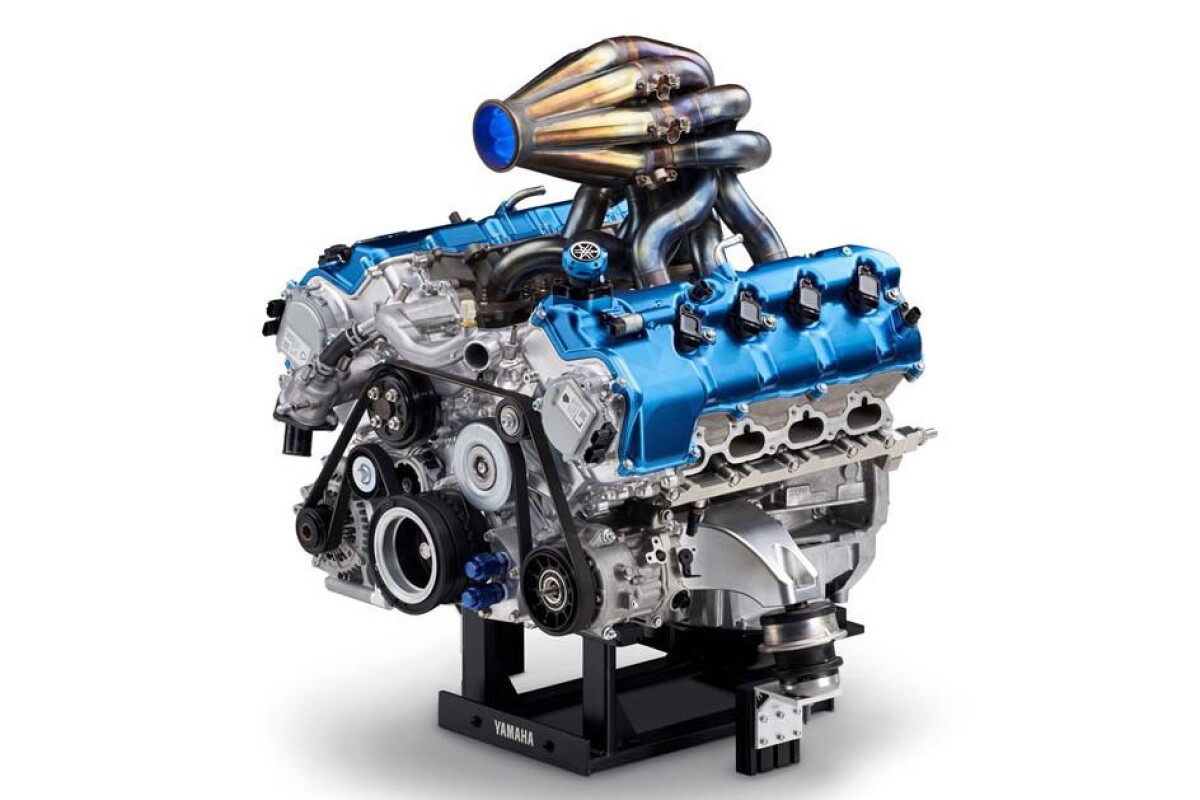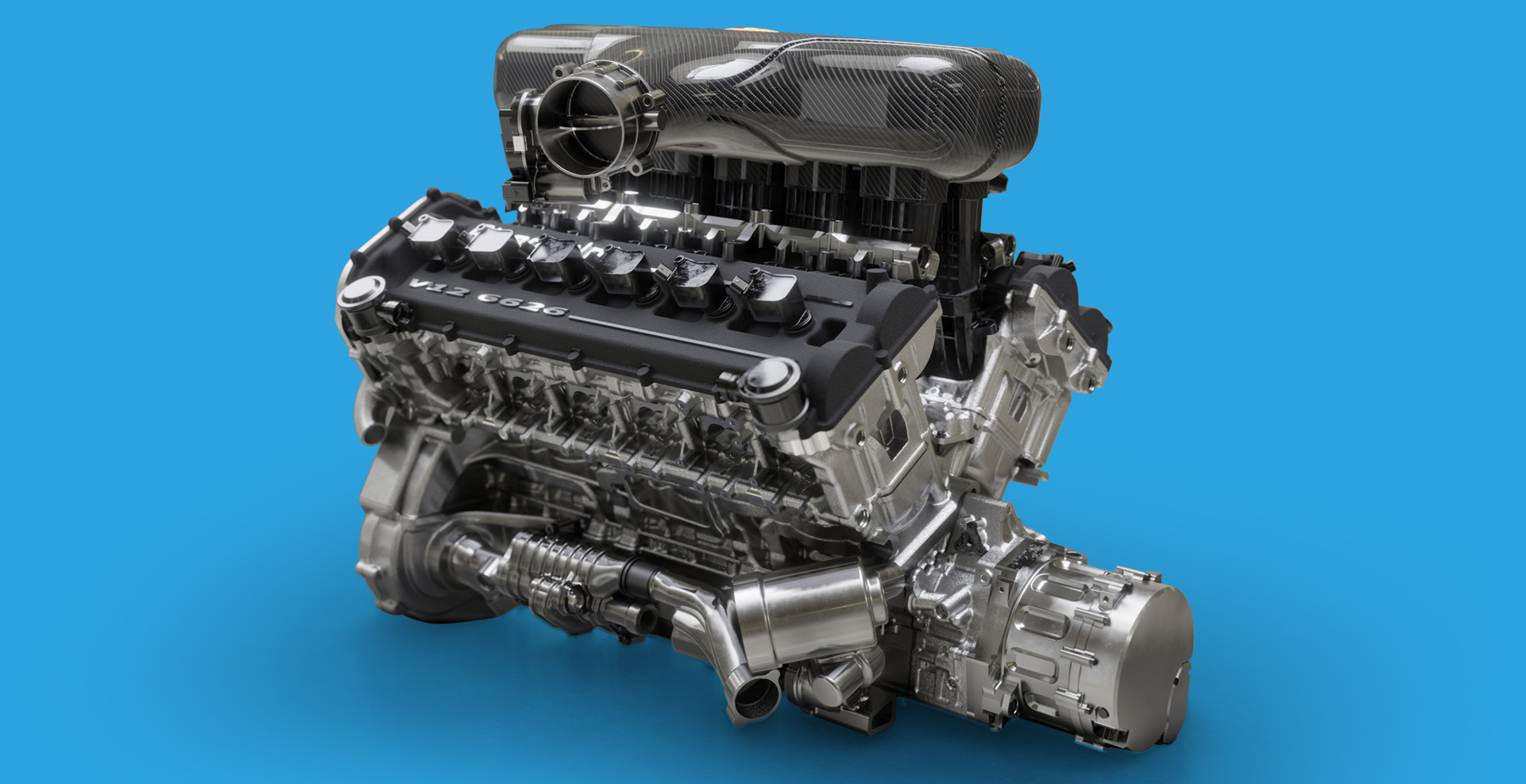The Best Bargains on Engines For Africa's Reliable Products
The Best Bargains on Engines For Africa's Reliable Products
Blog Article
A Total Overview to Picking the Right Engine for Your Task
Choosing the appropriate engine for your project is a crucial choice that can dramatically impact its general success. Each of these components plays a pivotal role in ensuring that your chosen engine not only fulfills instant goals however likewise aligns with long-term desires.
Define Your Job Needs
Specifying your job requires is a vital action in picking the appropriate engine for effective execution. A detailed understanding of your job's goals will certainly assist you in determining the attributes and capacities needed from an engine. Begin by laying out the range of your project, including the desired performance, target market, and the specific end results you aim to attain.
Following, think about the technological demands that line up with your job objectives. This consists of evaluating the compatibility of the engine with existing systems, in addition to the shows languages and structures that will certainly be used. Furthermore, analyze the level of scalability required to accommodate future growth or modifications in need.
Budget constraints also play an essential role in defining your task requires. Establish a clear monetary framework to guide your decision-making procedure, making sure that the engine selected fits within your spending plan while offering the needed functionality.
Evaluate Performance Demands

Next, consider the scalability of the engine. Examine whether it can manage enhanced workloads as your task grows. Engines that sustain straight scaling are frequently preferable for larger applications. Furthermore, examine the engine's efficiency under various conditions, such as peak usage situations, to ensure it fulfills your integrity criteria.
Take Into Consideration Convenience of Use
While technical specs are vital, the ease of usage of an engine can substantially affect the advancement procedure and overall project success. An user-friendly interface, clear documentation, and streamlined operations can substantially minimize the knowing curve for designers, enabling them to concentrate on imagination and analytical instead of grappling with facility tools.
When assessing an engine's convenience of usage, think about the onboarding experience. A well-structured intro, complete with tutorials and example tasks, can promote a smoother change for new customers. Furthermore, the clearness and comprehensiveness of the engine's paperwork play a vital function; detailed overviews and API recommendations can equip developers to troubleshoot and carry out attributes effectively.
An additional aspect to think about is the engine's personalization capacities. An engine that enables very easy adjustments can be a lot more straightforward, as programmers can customize it to fit their details demands without substantial headache. Examine the operations assimilation with platforms and devices you already utilize. A cohesive ecological community can boost productivity and reduce friction during the development procedure. Eventually, picking an engine that prioritizes convenience of usage can result in a more efficient and enjoyable advancement experience.
Assess Neighborhood and Support
The strength of an engine's area and support network can significantly affect a designer's experience and success. When assessing an engine, think about the size and task degree of its area.
Additionally, review the accessibility of official assistance channels. Dependable documents, receptive client assistance, and regular updates are necessary for addressing technical issues and maintaining your job on track. Engines For Africa. Energetic communities additionally foster partnership, have a peek at this website supplying chances for networking and comments, which can be very useful, especially for tiny groups or independent developers
Furthermore, explore the presence of community-run events, such as hackathons or meetups. These gatherings can enhance your understanding of the engine while attaching you with possible collaborators and experienced individuals. In summary, a durable community and support group not just improve development yet likewise develop a setting conducive to finding out and technology, eventually enhancing the chance of your task's success.
Compare Price and Licensing Options
Budget considerations play a crucial function in selecting the right engine for your task, as the price and licensing alternatives can substantially affect both short-term costs and lasting viability. Engines For Africa. Different engines supply varying pricing structures, which can consist of one-time acquisition fees, subscription designs, or revenue-sharing agreements based upon your job's profits

Accrediting options likewise differ dramatically. Some engines are open-source, supplying flexibility and community-driven support, while others may need proprietary licenses that restrict usage and distribution. Comprehending the implications of each licensing model is crucial, as it influences ownership civil liberties, future scalability, and prospective lawful obligations.
Final Thought
Finally, picking the proper engine for a task requires a comprehensive examination of specified job requirements, performance needs, simplicity of use, community assistance, and expense considerations. By systematically dealing with these essential factors, decision-makers can guarantee positioning with both future and existing project demands. A knowledgeable selection eventually enhances the likelihood of project success, allowing reliable source allowance and making best use of prospective end results within the specified budgetary constraints.
Picking the suitable engine for your project is an important decision that can substantially impact its overall success.Defining your project needs is an important action in picking the appropriate engine for effective application. An extensive understanding of your job's goals will certainly lead you in recognizing the functions and capabilities called for from an engine.Once you have a great site clear understanding of your task needs, the next action is to assess the efficiency requirements of the engine.In final thought, selecting the proper engine for a job requires an extensive examination of content defined project needs, efficiency needs, simplicity of use, neighborhood support, and cost factors to consider.
Report this page